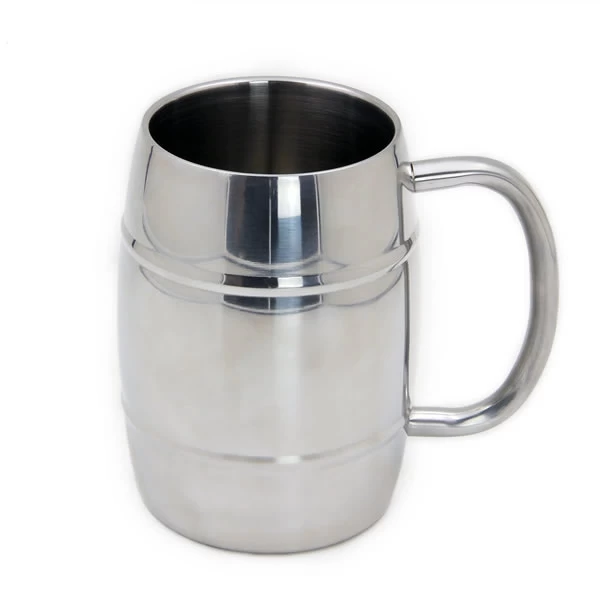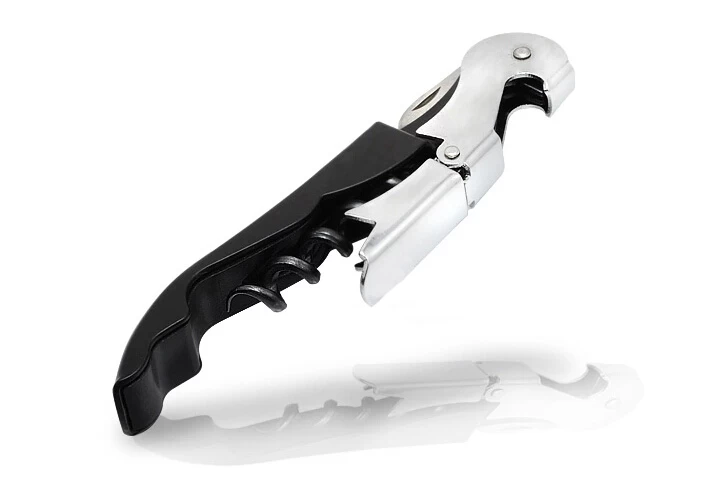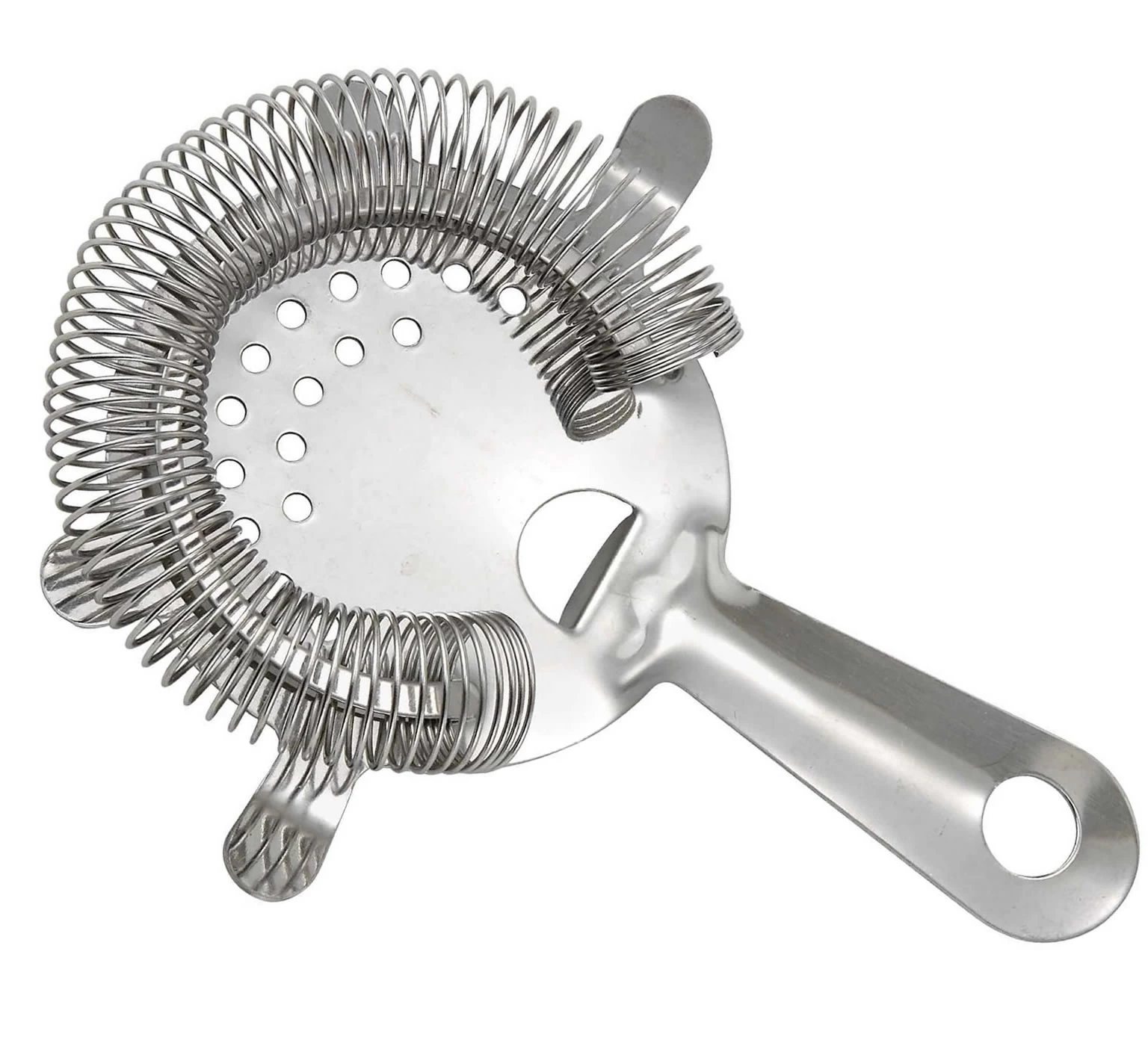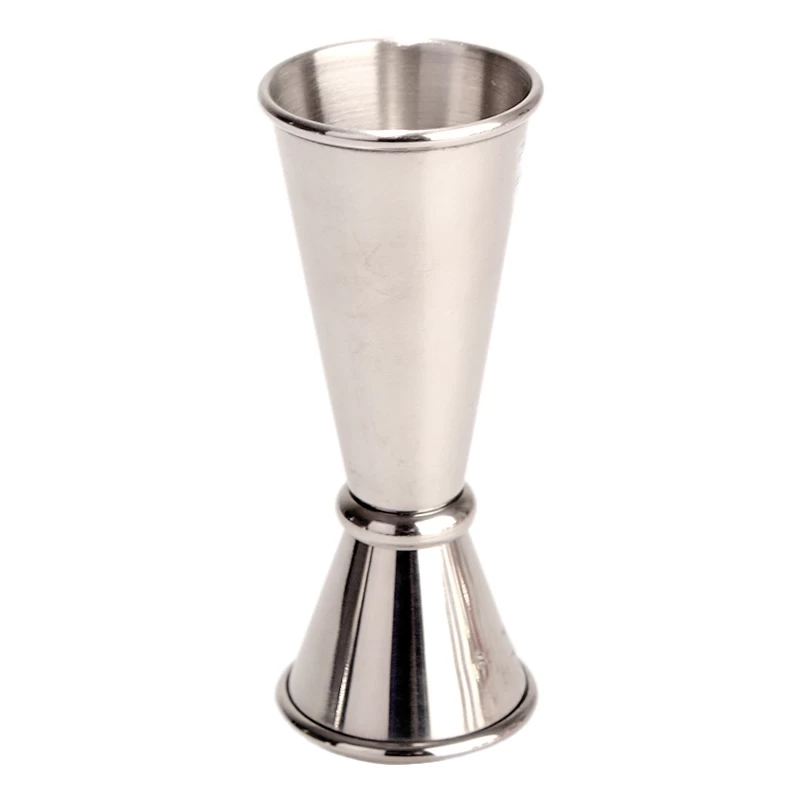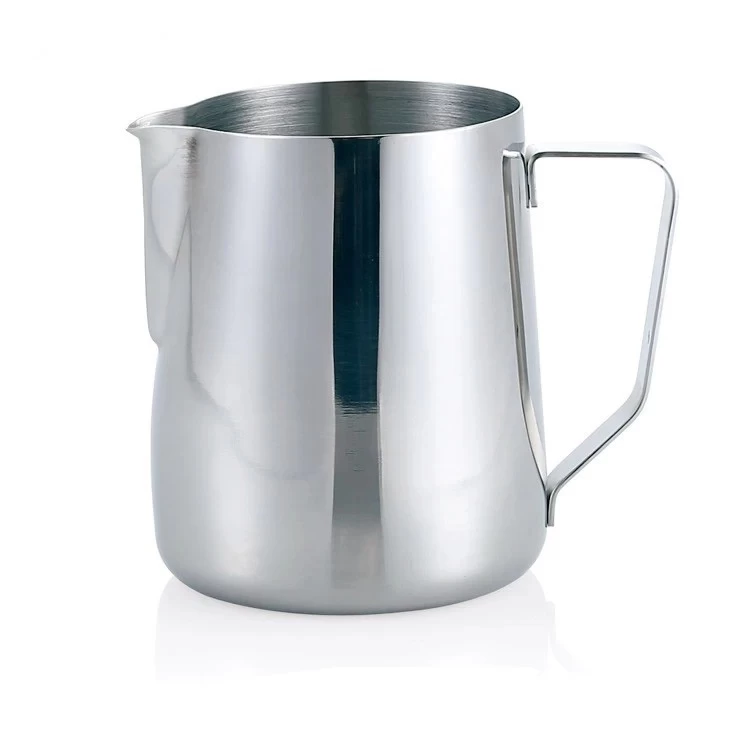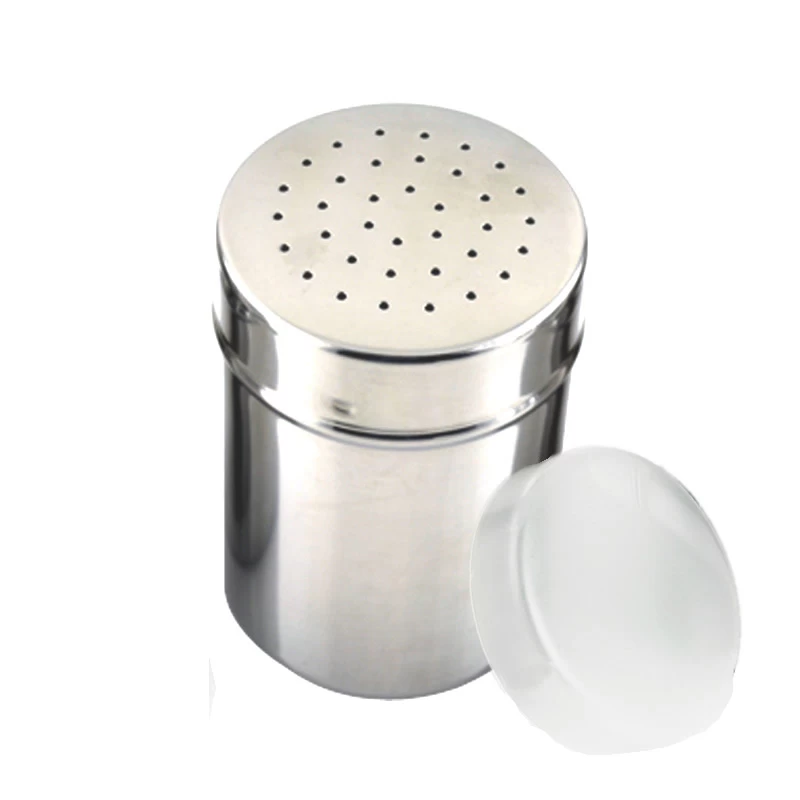How is caffeine addictive?

Moscow mule mug supplier china
"The brain will say, 'It feels good. How can I come again?'" Dr. Juliano said. If your body adjusts for adenosine production, once caffeine intake stops or decreases, you may feel tired, headache, emotionally unstable, or even nausea. Simply put, this is physiological addiction: the body is accustomed to a certain drug, you need to take a larger dose to maintain excitement, otherwise there will be discomfort, that is, withdrawal symptoms.

Dr. Juliano said: “People who regularly consume caffeine are willing to spend money on caffeine. In their eyes, caffeine also acts more than placebo – so the potentiation effect of caffeine is the same as other recreational drugs.”

china Stainless Steel Cocktail Shaker supplier
Physiological addiction itself is not necessarily a problem. She is more worried about the psychological addiction. The Diagnostic and Statistical Manual of Mental Disorders calls it “caffeine intake disorder”, which means that when a person is physiologically dependent on caffeine, in order to avoid withdrawal symptoms. Taking it, once tried to quit, but even if there are physical or psychological problems, I still can't help but drink coffee. She pointed out that this is the case for people who have insomnia but still have coffee.







